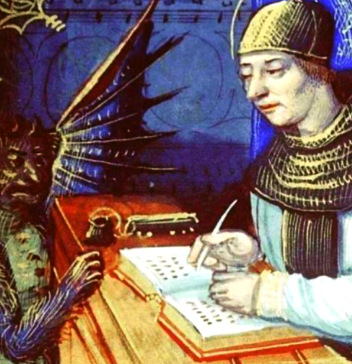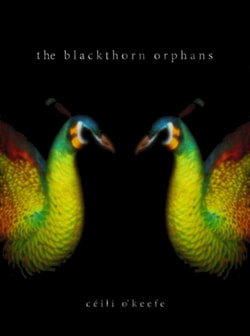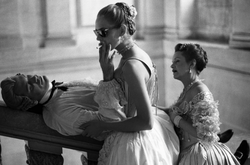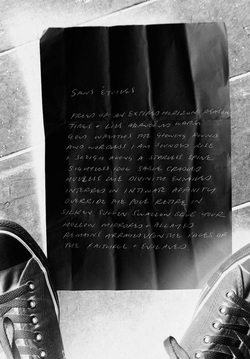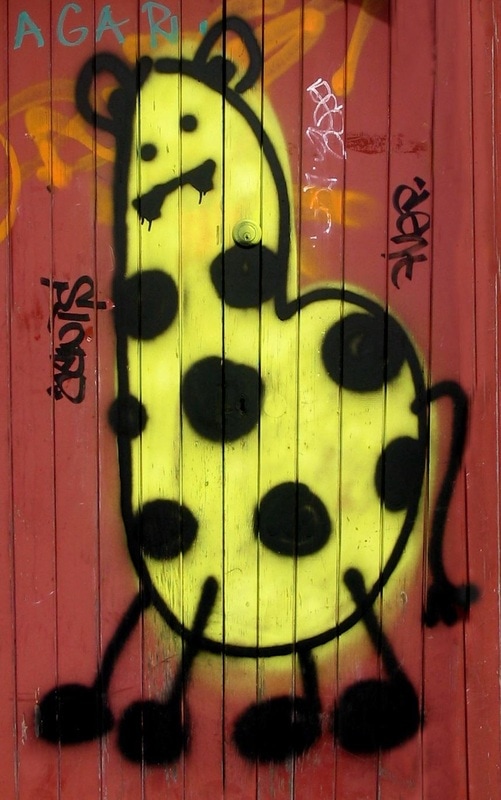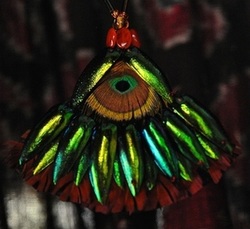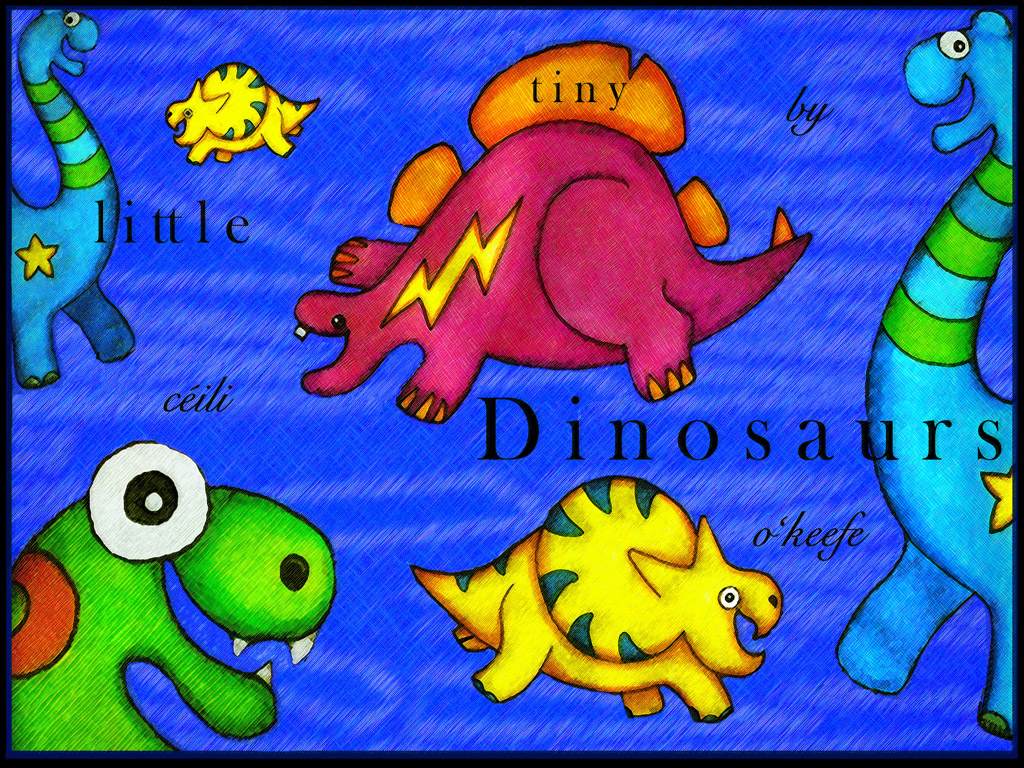Oskar (Kåre Hedebrant) is a troubled pre-teen living with his mother on a housing estate in 80's Sweden, stunted by the bullies who casually brutalize him in the midst of his oblivious community and already exploring the inner landscape of revenge by the time Eli (Lina Leandersson) moves in to his building. Eli is a vampire of uncertain age and origin, manifesting as an isolated adolescent and served by a human thrall in the shape of her paternal companion. Oskar and Eli bond inside boredom and neglect, their respective circumstances, seemingly so disparate, drawing them slowly into fateful coalition. To say more about the plot would not serve your personal experience of the film so I'll leave the synopsis there.
The screenplay was adapted from the John Ajvide Lindqvist book of the same name by the author himself, and this lack of intermediary between the material and director Tomas Alfredson translates into extraordinary filmic harmony. The script is spare and intimate, the often startling candour of childhood contrasted with the veiled sophistry of the elder being as she wanders between the dictates of her present nature and the remnants of a better one. Oskar is a fulcrum on which so much rests, his persona driven into deformation by the pressures and deficits of his environment and LTROI refers constantly to the emptiness of familial and societal conventions and the ease with which they can be exploited. To this end it uses the allegory of vampirism beautifully, Eli's dirty fingernails and mutable aspect slowly divulging the determined and contagious nature of violence, its power to transform its victims into enthusiastic perpetrators. Her supernatural darkness shares its DNA with both Oskar's infant organic ferocity and that of his tormentors, but this idea is delivered obliquely and you are left questioning the subtext rather than fending anything heavily obvious.
Hederbrant and Leandersson are mesmerizing as the central pair and their accomplishment shades so many adult performances I've suffered through lately that I can only wonder what the hell is going on between casts and directors elsewhere. The children are like polished glass, revealing their characters' internal physiology to an almost painful degree and in some ways this is the most horrific element of all, a thing that travels with you for a long time afterward. Alfredson's direction draws its strengths from the sapient delicacies of arthouse tradition and a discipline that lapses only occasionally into the chuckling flashes of bad taste that contrast the grace and discretion of the whole. His vision is rich with analogue values, his elegant compositions and interest in texture and contrast furnish softly-spoken wonders like the opening shot, framing winter as something both bitter and ethereal against the blank modernist redoubts of Oskar's lonely world. His visuals ring, bell-like, with a chorus of sensory cues; it is cold, it smells of trodden snow and stagnant central heating and tastes like cooling, blackened blood. Even the sounds of Eli's esurient spasms are handled with the same ingenuity and fidelity as the dialogue itself. While I'm loath to make the smug and decidedly cant observation that a modest budget can sometimes benefit a difficult script, it's hard to avoid that conclusion in this case.
Let The Right One In was remade by an American crew as Let Me In (2010), to modest acclaim, which is all it could probably have hoped for against such a stellar precedent. Don't allow the nominated genre to either put you off or colour your expectations. I chose to review this flick because it's probably in my all time top-ten (if I'd ever really given much thought to that curious concept); perhaps it's easier to say that Let The Right One In is as close to perfect as it's possible for anything of this nature to be.

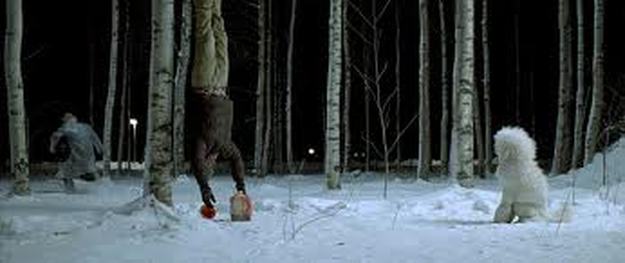
 RSS Feed
RSS Feed

